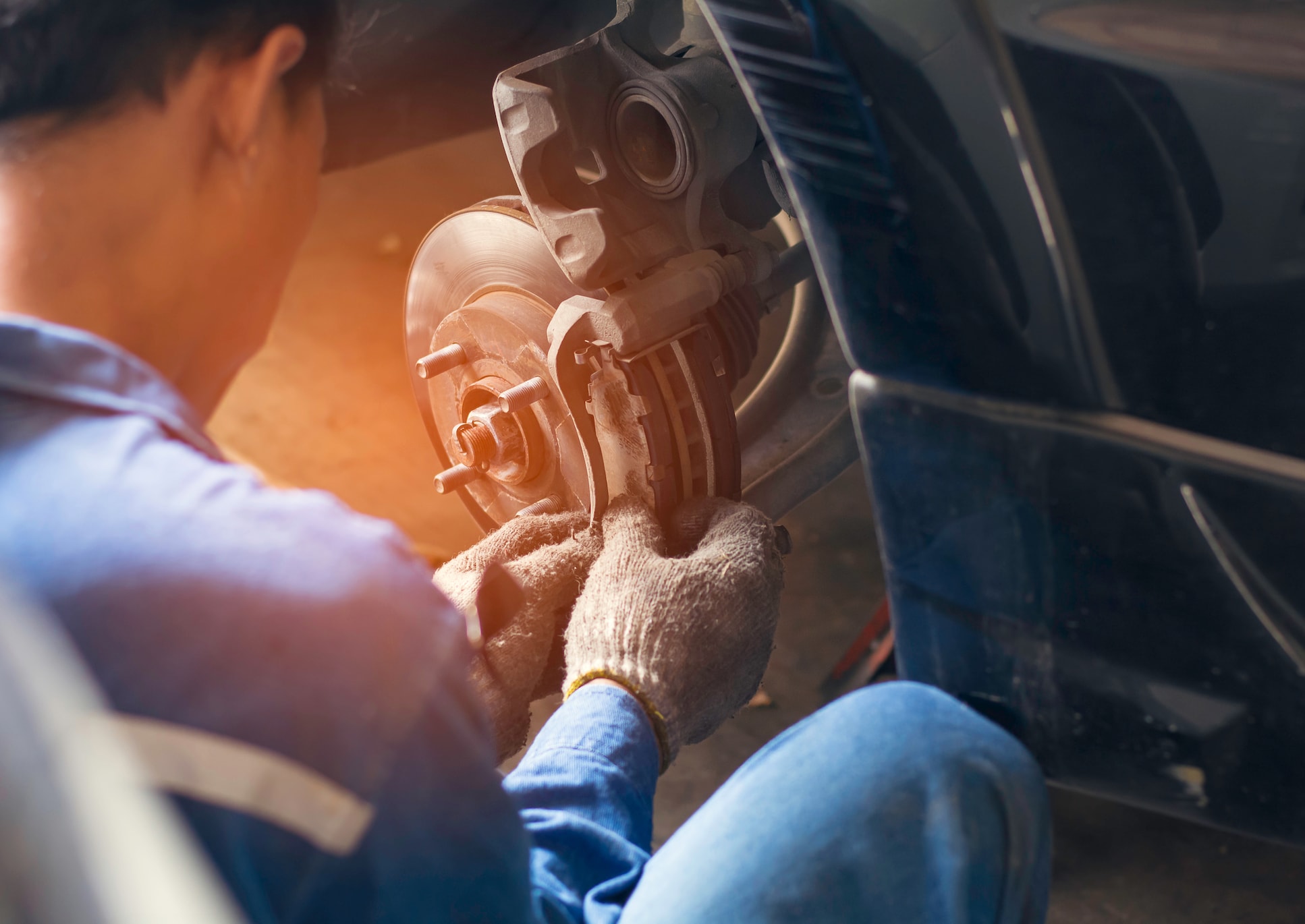As you know from boiling water, as liquid begins to boil, air bubbles form and air in the brake lines leads to spongy brakes. When the brake fluid is heated passed its boiling point over and over, it causes braking to be less and less effective (known as brake fade). That is why the boiling point of your brake fluid is important.
Brake fluid manufacturers test the fluid for the Dry Boiling Point (ERBP) and the Wet Boiling Point (WERBP).
- Dry Boiling Point measures the brake fluid boiling point of fresh new fluid right out of the container before it has been contaminated by water.
- Wet Boiling Point measures the brake fluid boiling point after it has reached its average operating temperature and has a water contamination of 3.7 percent.
The minimum requirement for DOT 3 fluid is 284 degrees Fahrenheit and DOT 4 fluid's minimum requirement is 311 degrees Fahrenheit.



